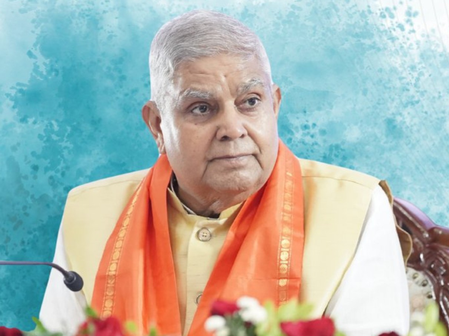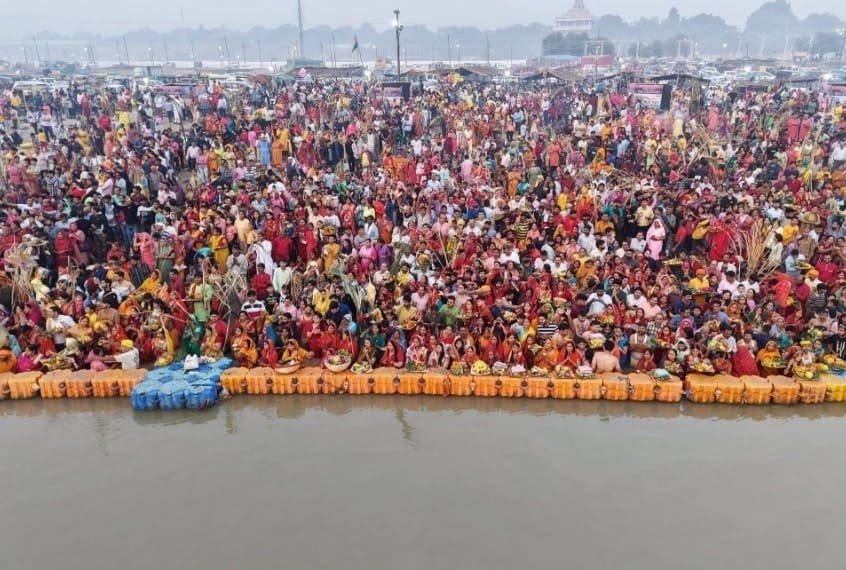
New Delhi, July 22 (IANS) The resignation of Vice President Jagdeep Dhankhar has once again brought attention to the constitutional mechanisms designed to ensure continuity in India’s parliamentary framework.
Although rare, mid-term resignations from the Vice Presidency are not without precedent, and the Constitution offers a clear roadmap for what follows.
Dhankhar’s decision to step down with immediate effect was accepted formally by the President, in line with Article 67(a), which allows for voluntary resignation. This departure naturally raises questions about leadership in the Rajya Sabha, given that the Vice President serves as its ex-officio Chairman.
Yet, legal experts and parliamentary insiders have underscored that no constitutional crisis is likely to arise.
“With immediate effect, Dhankhar’s resignation has been accepted, and the constitutional provisions come into play,” explained Virag Gupta, a Supreme Court lawyer and constitutional expert.
“Even before this, many Vice Presidents have resigned. In their absence, the Deputy Chairman of the Rajya Sabha assumes their responsibilities, especially since the Vice President serves as the ex-officio Chairman of the Upper House.”
This institutional mechanism guarantees that legislative business continues seamlessly. Gupta emphasised that there will be no constitutional crisis resulting from this transition.
“The Vice President holds an important procedural role in Parliament, but because the Deputy Chairman’s post in the Rajya Sabha is filled – unlike in the Lok Sabha – the chamber’s leadership remains intact.”
The provision for resignation is well established, and in Dhankhar’s absence, the Deputy Chairman of the Rajya Sabha assumes the responsibility of presiding over its sessions.
This transition is not ad hoc but rooted in constitutional protocol, which guarantees that the legislative process remains uninterrupted.
Interestingly, while the Deputy Speaker’s post in the Lok Sabha has remained vacant for an extended period, the Rajya Sabha has maintained its leadership structure, ensuring the chamber’s operational stability. The presence of an active Deputy Chairman is precisely what insulates Parliament from any procedural paralysis during this interregnum.
Until a new Vice President is elected – a process that must occur within six months – the Deputy Chairman will continue to oversee proceedings and uphold parliamentary norms.
The Vice President’s role in Indian governance, while not executive in nature, is crucial for the functioning of the Upper House. His resignation, therefore, is not merely a personal or political moment—it activates a sequence of institutional responses that safeguard democratic continuity.
As the political establishment gears up for the election of a new Vice President, the functioning of the Rajya Sabha remains secure, testament to the resilience and foresight embedded in India’s constitutional design.
–IANS
sktr/dan






